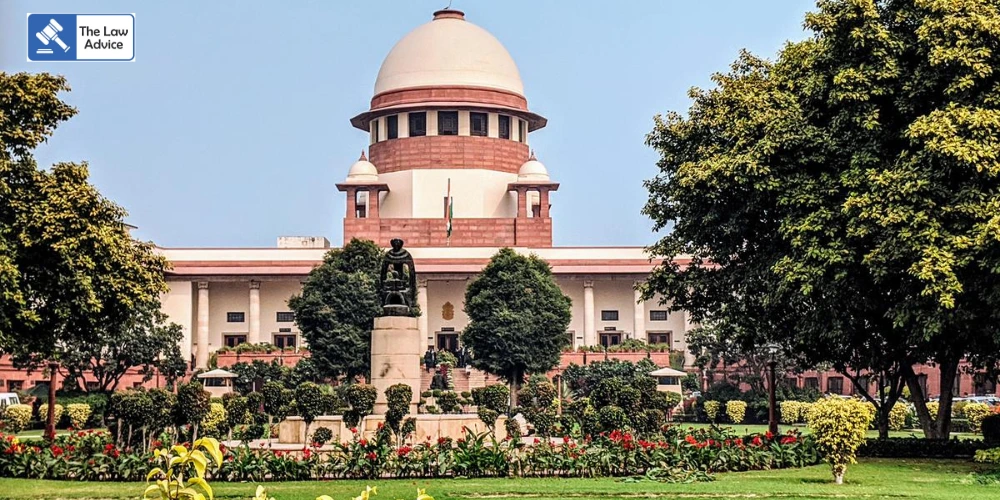New Delhi, July 30, 2025
The Supreme Court today delivered a strong message to both the Kerala Government and the state’s Governor, emphasizing that students’ futures must not be held hostage to administrative standoffs. In a case concerning the long-pending appointment of Vice-Chancellors in two key universities, the apex court urged both sides to set aside differences and expedite the process of regular appointments.
The bench stressed that ensuring stability and legality in university leadership is not a political question but a constitutional and educational necessity.
The Crisis in Kerala’s Higher Education
At the heart of the dispute are two state universities:
• APJ Abdul Kalam Technological University (KTU)
• Kerala University of Digital Sciences, Innovation and Technology
For months, these institutions have been led by temporary Vice-Chancellors whose appointments have sparked intense legal debate and political sparring. The appointments were made by the Governor of Kerala (also the Chancellor of state universities) without prior consultation with the state government a move that the High Court earlier declared contrary to university statutes and the University Grants Commission (UGC) regulations.
What the Supreme Court Said
The Supreme Court acknowledged the urgency of the matter, stating that while interim arrangements may continue for now, the larger goal must be to restore normalcy and legality through regular appointments.
“Let there be no delay in appointing full-time Vice-Chancellors. Students should not be the victims of bureaucratic ego or political conflict,” the Court observed.
The Court directed that both the Governor and the State Government must work in coordination, respecting the statutory framework, and proceed with appointments from properly constituted selection panels.
A Background of Legal Tussles
This issue first emerged in late 2024 when the Governor appointed Dr. Ciza Thomas as interim VC of Digital University and Prof. K. Sivaprasad at KTU. These appointments bypassed the government-recommended panels, sparking objections from the state.
The Kerala High Court in its May 2025 ruling declared the appointments invalid, noting that they ignored the process laid down in the university acts. However, it allowed the VCs to remain in place temporarily so as not to disrupt the academic calendar.
The Governor and the interim appointees challenged this decision, but the High Court Division Bench in July 2025 upheld the original ruling. It stressed that no Chancellor, even when acting as Governor, can make autonomous decisions in academic appointments that contradict existing laws.
Why It Matters
As of today, 12 out of 13 universities in Kerala do not have permanent Vice-Chancellors. This administrative vacuum is causing a ripple effect delayed academic calendars, stalled policy decisions, and rising student uncertainty.
The state government, led by Higher Education Minister R. Bindu, has consistently argued that the Governor’s appointments are politically driven and legally flawed. The Governor’s office, meanwhile, maintains it acted in good faith to fill leadership voids.
This power struggle has now become a test case for the balance of constitutional roles between state executives and appointed Governors and the Supreme Court’s verdict sets a precedent for academic governance across India.
Supreme Court’s Key Directions
1. No more delays: The process to appoint regular Vice-Chancellors must begin immediately, using government-recommended panels in accordance with UGC norms.
2. Temporary VCs may stay: Until regular appointments are made, interim officials may continue but only with proper legal backing.
3. Cooperation is non-negotiable: The Governor and State must act harmoniously; student welfare is paramount.
Case Title: State of Kerala & Ors. vs. Chancellor, Governor of Kerala & Ors.
